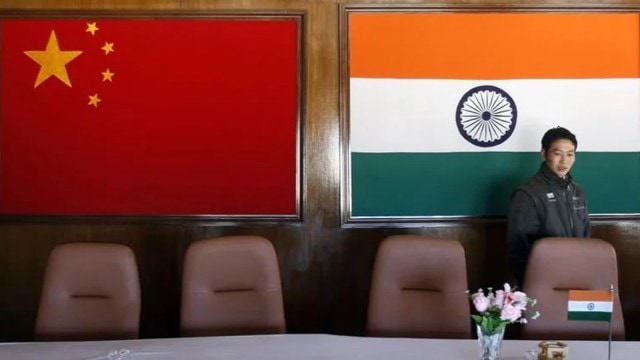
Following a military standoff on its western front, India now faces a more subtle form of economic sabotage. The high-profile withdrawal of Chinese engineers from Foxconn’s India operations isn’t an isolated incident. China curbed access to rare earths that are vital for electronics and auto manufacturing. Further, it has blocked or delayed the import of capital equipment, inputs (parts and components), skilled labour and training to impart skills for electronics (a product with a wide-ranging impact on manufacturing and services).
These moves show a deliberate strategy to undermine India’s economic rise by increasing uncertainty in global supply chain operations and raising capex and operational costs in key industries. These developments will make it hard for companies operating in India to be an efficient part of the global supply chain. China’s strategic message to global firms is that India cannot be a reliable global supply chain partner or a +1 when considering China+1. The intent is clear: Undermine India’s economic security and curb its strategic and military strength.
There is a view that the situation is not serious for several reasons: Investment in electronics is continuing, and Indian parts and components companies are seeking partnerships with other countries. Also, in the medium to long term, China will suffer because global investors will be insecure with its tactics, and they will feel that China is an unreliable place to invest.
However, India, like the rest of the world, relies on China in a major way for its electronics inputs. Further, the price of Chinese equipment and components is much lower compared to other countries. China has focused on electronics manufacturing and exports for nearly three decades. The skills and equipment required by India are not available elsewhere. The Chinese ecosystem is not easy to replicate.
According to the India Cellular and Electronics Association, India’s total imports and trade deficit for electronics were $98.6 billion and $60 billion respectively, in 2024-25. Of these imports, 42 per cent were from China, and over two-thirds of the Indian trade deficit in electronics was with China. While policymakers and the industry are working feverishly to reduce this dependence, especially in areas such as electronics, the decoupling will require focused collaborative attention for another five to seven years.
Regarding the point that China’s coercive tactics will eventually push global value chains (GVC) out of China, business realities and shareholder compulsions suggest otherwise. Faced with the choice between costly, uncertain production in India or reliable output from China — even with tariffs — most CEOs would tend to choose stability, because that is a key requirement for efficient GVC operations. China or a China-aligned hub will likely remain their fallback, albeit reluctantly. Also, China would have the option of using its industrial policy support systems to retain global companies in China.
Reaching a conclusion that, over time, with effort, GVCs such as Apple will gain supply chain resilience requires discussions with the operator and an awareness of all the different issues that need to be addressed to enable such a task. Higher disabilities (costs) in India are a reality, and many of them require special attention through policy improvement. The transition to a new situation, even in the medium term, will not be feasible for the companies if they act alone. It will need a very active role of the government, just as in the case of China.
Since solutions to these concerns would cover different parts of supply chains, no single part of the Government can effectively address all areas. This calls for high-level intervention, ideally through a PMO-led mechanism, to drive a coordinated and comprehensive inter-ministerial response in a timely manner.
This is not just theory. In 2019, the government established a high-level Committee that launched Production Linked Incentive (PLI) schemes to address cost disabilities, with respect to, inter alia, China. The first PLI scheme (for smartphones) is among those that have performed exceptionally well. The current situation requires a similar approach, with much higher-level coordination within the Government, working with a quicker time frame in close consultation with companies and other stakeholders.
Singh is former Deputy Director General, WTO and Jha is former Head, UNCTAD India Office